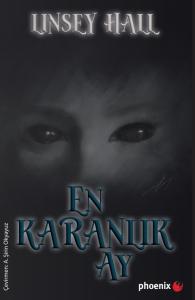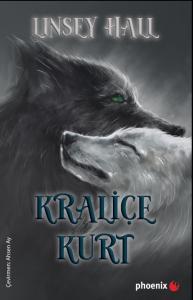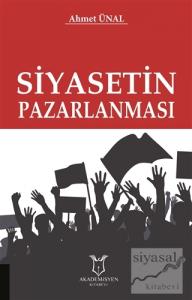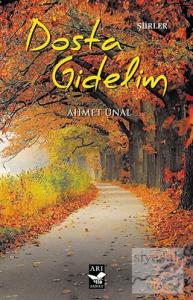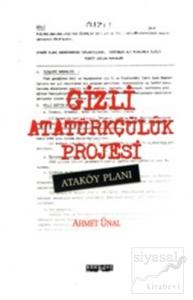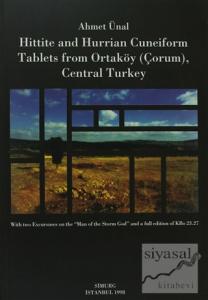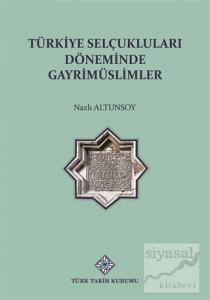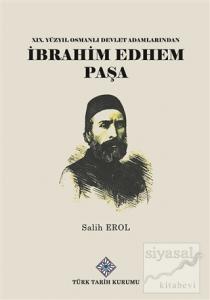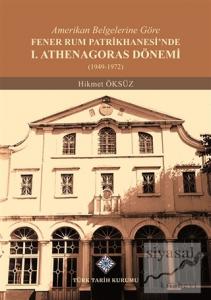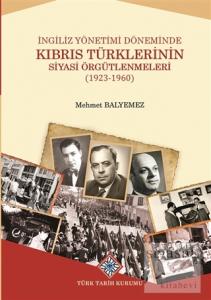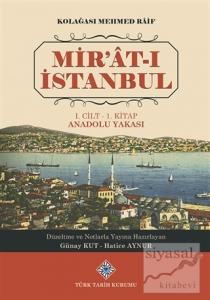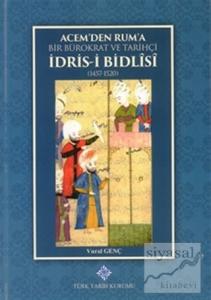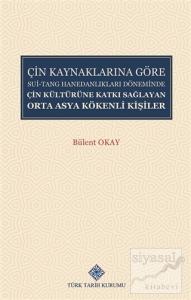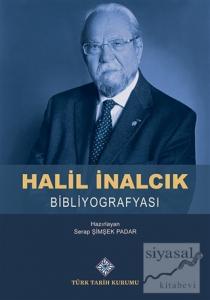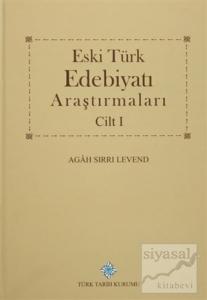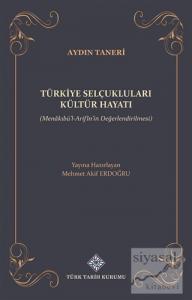
As elsewhere in almost the entire Old World, the peoples of Ancient Anatolia, too, endeavored to develop, collect and borrow a multitude of magical practices and rites as an essential part of their religious, spiritual life they deemed magic as revently as their religion, for magic supplied them with protective and defensive means to which in urgent need they could constantly resort. Accordingly, the Hittite state archives at Boğazköy-Hattusa have transmitted to us a plethora of texts on quite a variety of magical forms and their practice from almost every nook of Anatolian Peninsula as well as adjacent regions, which, excluding the festival texts, make up almost 1/8 of the entire Hittite text corpus.
As elsewhere in almost the entire Old World, the peoples of Ancient Anatolia, too, endeavored to develop, collect and borrow a multitude of magical practices and rites as an essential part of their religious, spiritual life they deemed magic as revently as their religion, for magic supplied them with protective and defensive means to which in urgent need they could constantly resort. Accordingly, the Hittite state archives at Boğazköy-Hattusa have transmitted to us a plethora of texts on quite a variety of magical forms and their practice from almost every nook of Anatolian Peninsula as well as adjacent regions, which, excluding the festival texts, make up almost 1/8 of the entire Hittite text corpus.







